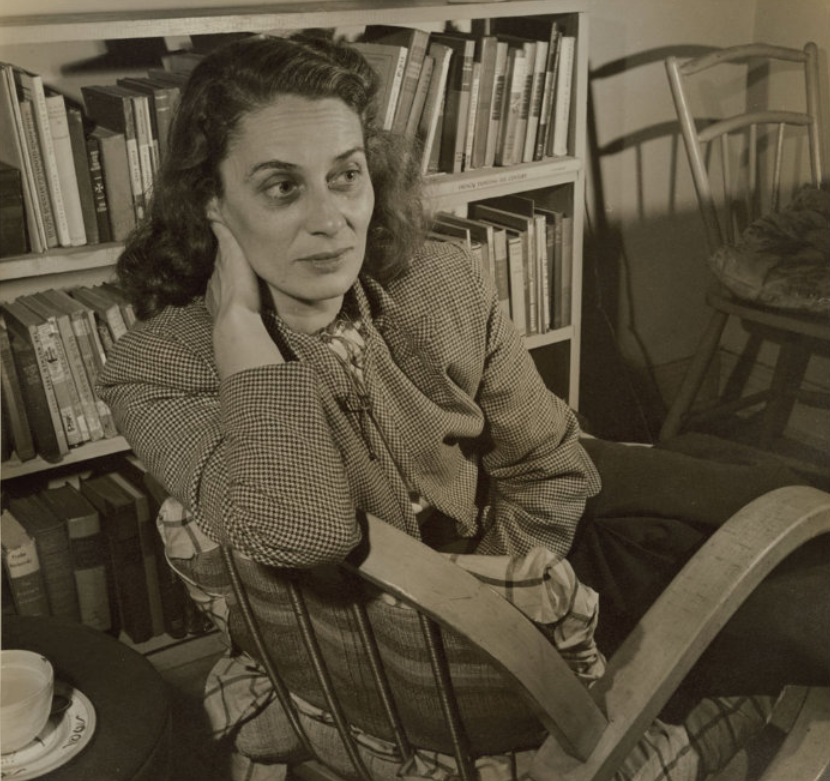(Joseph) Roger (Louis) Léveillé, also known as "Jesse James" or the "Manitoban Rimbaud", poet and author (born 1945 in Winnipeg, MB).
Career
Roger Léveillé was born in a family of intellectuals and artists who introduced him to the world of literature at an early age. After studying literature at the Collège universitaire de Saint-Boniface, at the University of Manitoba and in Paris (doctorate, 1969–1972), he became a teacher and then turned to print journalism (Frontières, Courrier, La Liberté), radio (CKSB Radio-Canada, 1969–70) and television (Canadian Broadcasting Corporation, since 1981). For a year, he was president of Éditions du Blé (Saint-Boniface), where in 1984 he created the Collection Rouge, designed to showcase young avant-garde poets. Léveillé was a historian of Western Canadian literature and continued to defend and promote it worldwide through articles, conferences (Canada, United States, France, Germany) and the development of education documents such as the Anthologie de la Poésie franco-manitobaine (Éditions du Blé, 1990).
In 1968, Léveillé revolutionized the small world of Western Canadian literature with the publication of Tombeau, a poetic narrative. The text reflected the author’s strange attraction to death, linked to carnal desire, and goes against the classic novel norms with its virtual absence of characters and narrative plot, its fragmented form and elliptical style. Each of his works since then, La disparate (1975), Plage (1984), L’incomparable (1984), Romans (1995), Une si simple passion (1997), has developed and deepened in its own way the “poetics of the fragment,” as Rosmarin Heidenreich called it ("Objet même de son écriture," Anthologie de la Poésie franco-manitobaine). This literary style already existed in Europe at the time of Romanticism, and Léveillé contributed to its revival and enrichment in Canadian literature, notably through his choice of themes (erotic violence, aesthetic creation, opposites presence-absence, emptiness-fullness, etc.) and his imaginative games.
Léveillé used these same “techniques” in poetry, where he used a wide variety of sounds, words, images, colours, sensations and symbols, leaving the reader without points of reference (œuvre de la première mort, 1977; Le livre des marges, 1981; Extrait, 1984; Montréal Poésie, 1987; Causer l'amour, 1993; Les fêtes de l'infini, 1996). Still a leader at 50, Léveillé attempted to go further than the Surrealists, using materials specific to contemporary plastic art: painting, collage, photos, advertisements, posters, news paper clippings, videos, etc. to trace his work back to the “archetypal text of language itself” (Rosmarin Heidenreich).
Combined with his literary charisma, Léveillé's luminous, slightly eccentric personality makes him the poetry star of the second half of the 20th century, as well as one of the most original figures in the history of Western Canadian literature.

 Share on Facebook
Share on Facebook Share on X
Share on X Share by Email
Share by Email Share on Google Classroom
Share on Google Classroom



